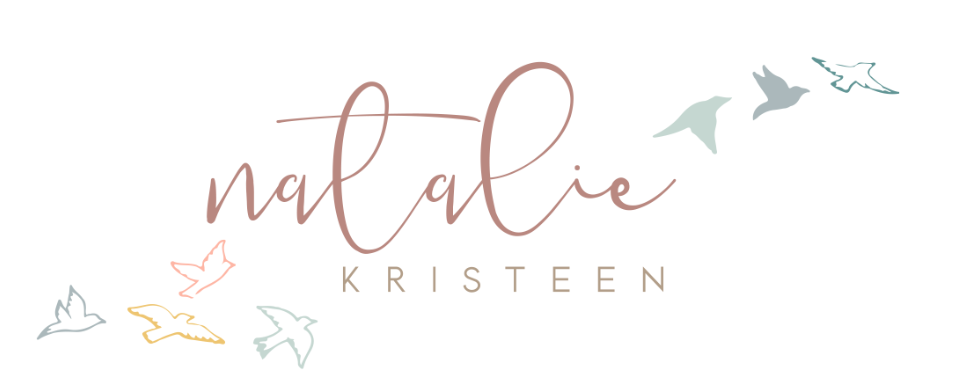“I’m not your brother,” the words quietly (and what felt randomly) fell out of Sage’s mouth like a freight train crushing my heart. If that’s how his words felt to me, I can only imagine what it may feel like to carry this within him.
“Yes you are Sage! Don’t say that, that’s not true words.” Ira quickly retorted.
A single mom to three boys working hard to live my truest life. I hope as I share the beauty, the gratitude, the grief, the hard…you find inspiration + hope to show up to your life as honestly as possible.




















